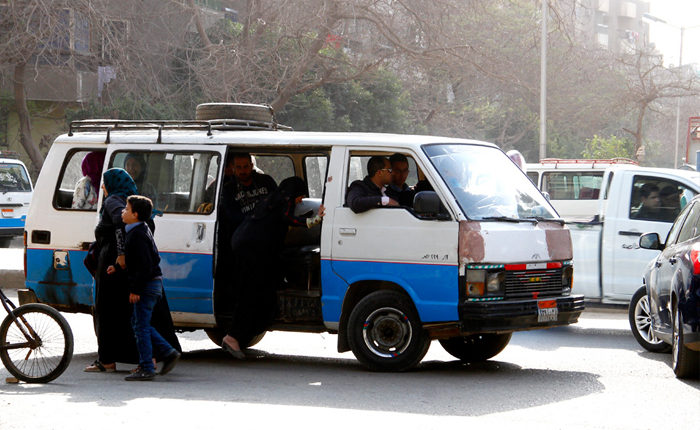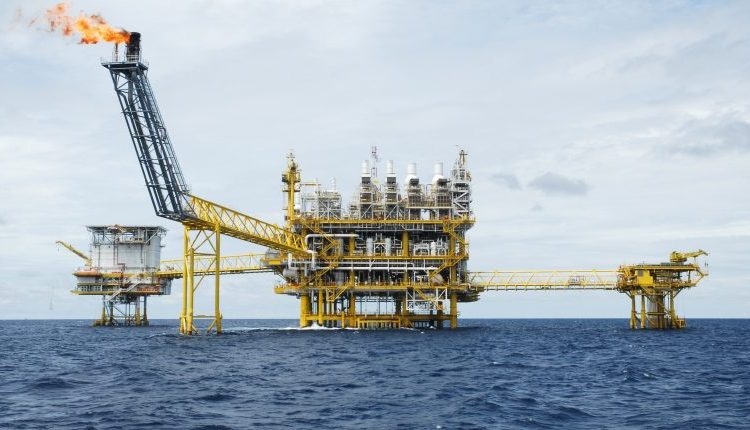In the last three decades, Egypt has witnessed an unprecedented rise in the risk of lung cancer. Today, it has become one of the most malicious chronic diseases plaguing the people in our country. According to a study in the Journal of Oncopathology and Clinical Research, in Egypt, a quarter of all deaths resulting from malignant tumors can be traced back to lung cancer.
A significant number of patients developed cancer due to the low quality of air in Egypt. Car exhaust and exposure to asbestos and arsenic, in particular, are a major risk factor, and because the majority of public transportation in Egypt runs on diesel fuel, the air is laden with a considerable amount of pollutants. The burning of fossil fuel, in general, is harmful to both the health of many Egyptians and the environment.

In our modern world, a number of alternatives has been put in place such as electric cars and natural gas-run cars. However, since the former is quite expensive and requires millions of dollars in infrastructure upgrades, the latter has become more of a viable option to Egypt’s growing economy.
Last Sunday, the Egyptian government and Toyota Tsusho have drafted an agreement, in which the Japanese car manufacturing giant is to invest in Egypt’s plan to build natural-gas run cars.
In August, the government revealed its plan to turn 50,000 vehicles to be powered by natural gas. On their end Toyota revealed its plan for the “manufacturing of high-quality microbuses in a way that will meet the Egyptian government’s converting the fuel-powered vehicles.”

Egypt is one of the world’s richest countries when it comes to natural gas, and a decade ago, almost all white taxis in the capital converted to natural gas, which had quite an impact on the health of millions of Cairo’s residents. Perhaps, if microbuses turn to this option, it could be the first step in the road for a healthier Egypt.



